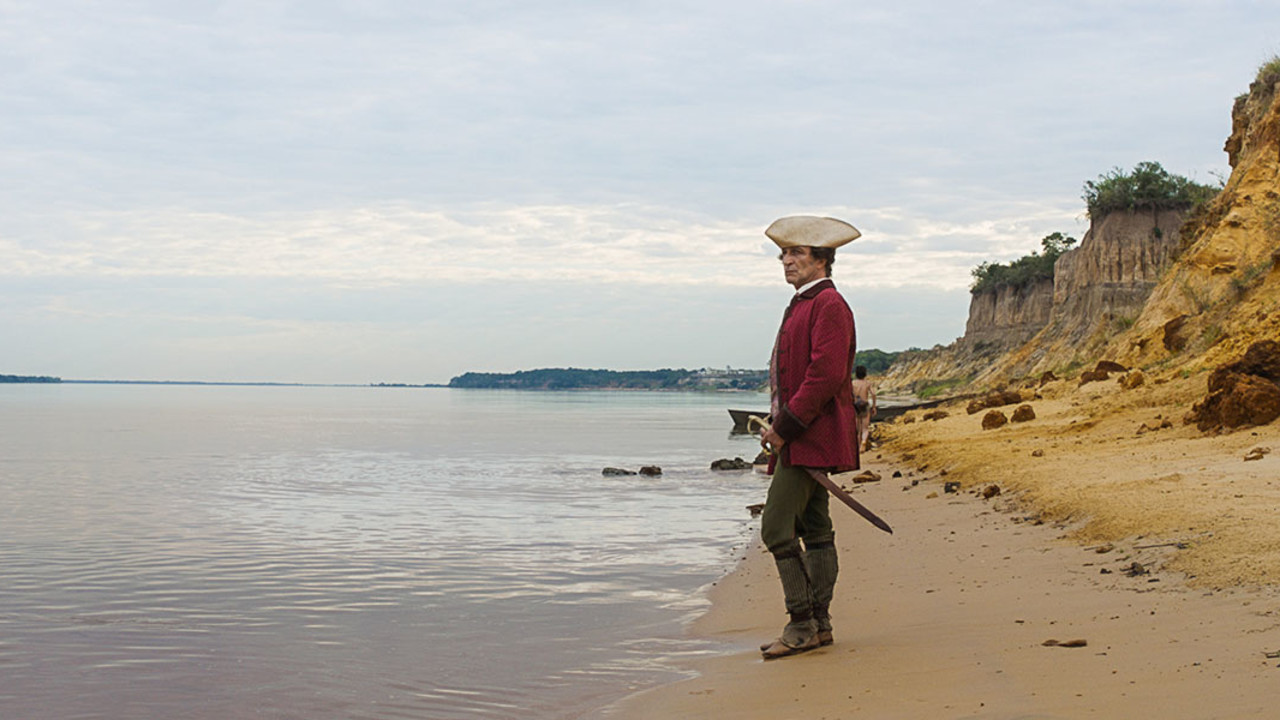Tired of waiting for the King to transfer him to a more liberating location, a South American officer of the Spanish Crown embarks on a perilous journey towards freedom, in the latest from Argentinian filmmaker Lucrecia Martel (The Holy Girl, The Headless Woman).
This long-awaited adaptation of Antonio Di Benedetto's 1956 classic of Latin American modernism transports us to a remote corner of 18th-century South America, where a servant of the Spanish crown slowly loses his grip on reality.
Written and directed by Lucrecia Martel, the Argentine auteur behind The Holy Girl and The Headless Woman, Zama is that rarest of creative feats: a perfect coupling of literary source material and cinematic sensibility.
Don Diego de Zama (Daniel Giménez Cacho) leads a suspended existence as a sort of upper-tier government clerk in what is now Paraguay. He has not seen his wife and children in years. His relationships with his fellow Europeans are strained due to competition and confusion, while his interactions with the settlement's Black and Indigenous servants are addled by desire and hostility. Zama's entire sense of purpose is tied up in the promise that he will soon be delivered to his rightful position in faraway Buenos Aires, but the waiting seems endless. As time passes, Zama's paranoia and capacity for violence burgeons — while his circumstances become only more precarious.
In keeping with other recent period films, such as Jauja and Embrace of the Serpent, Zama brings a 21st-century perspective to bear on the history of colonial catastrophe in the Americas. Making brilliant use of exotic landscapes, subjective sound, and an arresting performance by Giménez Cacho, Martel has outdone herself with this latest feature, turning disquiet into sumptuous drama.
DIANA SANCHEZ
Screenings
Scotiabank 11
Bell Lightbox 2
Scotiabank 10
Jackman Hall
Bell Lightbox 3
